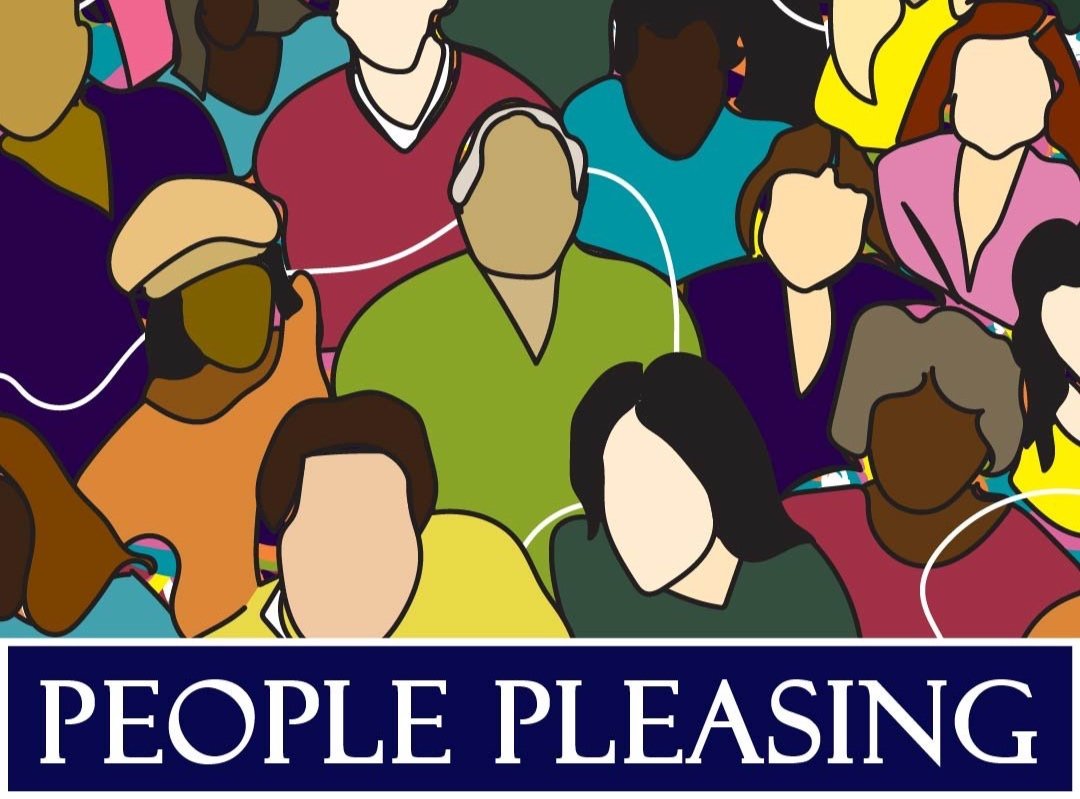People Pleasing + Mental Health
People-pleasers put the wants, desires, and opinions of others before their own; often to a point that negatively affects their mental health and wellbeing. If you find that the below apply, you may have strong people-pleasing tendencies:
Have a difficult time saying no
Obsess over the feelings and opinions of other people
Get overly hurt when someone is upset with you
Find it hard to make time for yourself
Experience indecisiveness due to a fear that others will not approve of your choice
Rarely voice how you feel when a situation makes you uncomfortable
This is something that is often not realized in ourselves until after it has been affecting us for a long time. Once there is insight into this issue, it is something that can be managed and reduced with conscious awareness. Below we will discuss some common behaviors of people-pleasers.
A Need to Be Liked
Perhaps the most prominent aspect of being a people-pleaser is the constant and underlying need to make others happy or to be liked by others. People-pleasers often look to others to validate their own self-worth and to seek the approval of other people. This is not limited to the opinions of their friends and family. In fact, this need for approval will very commonly include the feelings and opinions of complete strangers. A line of thinking that is often seen in people-pleasers is: “If I do not make others happy, they will not like me.” This thought pattern is what directs most decisions and it creates a significant amount of anxiety when this need for approval is not fulfilled. A common response regarding this anxiety is the habitual assumption that others are constantly upset, angry, or annoyed, even when the individual has done nothing wrong.
Finding it Difficult to Say No
Another characteristic of people-pleasers is that they feel an obligation to agree to any requests, plans, and tasks that are asked of them. They will often feel that they are unable to say “No.” This trait will most likely exhaust the majority of their free time and emotional energy. It leaves them feeling overwhelmed with appointments and activities that they may not be emotionally available for or even want to engage in. They also may find that by agreeing to every request, they are unable to devote their full attention or investment to any of them.
This trait can also cause potential issues when it comes to relationships and dating. The kindness of a people pleaser may come off as flirtatiousness, especially if they feel as though they are unable to turn away unwanted advances. They often have trouble telling others “No,” “Stop,” or “Leave me alone” because they cannot cope with the idea of hurting someone’s feelings or rejecting them; even when they themselves are uncomfortable. This can be the cause of a significant amount of miscommunication and confusion in dating relationships.
Causes and Boundaries
The root of people-pleasing can be a result of insecurity or a fear of rejection or it may stem from a past lack of validation, approval, or reassurance that started in adolescence. Whatever the cause, it often goes unnoticed or unchanged for a long time and it may be difficult to fix until the source is discovered. This is often helpful to work on with a therapist to develop insight and ongoing tools.
If you are struggling with being a people-pleaser, and want to change this behavior, you can start by considering some of these practical steps:
Realize that you cannot make everyone happy, and this is an unfair expectation to place on yourself.
Challenge yourself to say no to requests and activities that you don’t want to do, even if that means starting with small requests.
Learn to set boundaries for yourself and speak up for your own desires.
Know that the validation and approval of others is not necessary to your own self-worth.
Understand that you will still be loved, appreciated, and wanted, even when you are prioritizing your own mental wellbeing.

